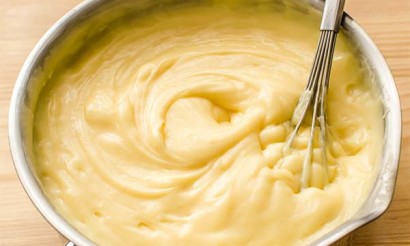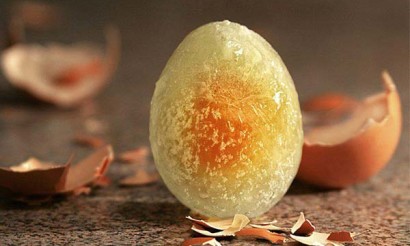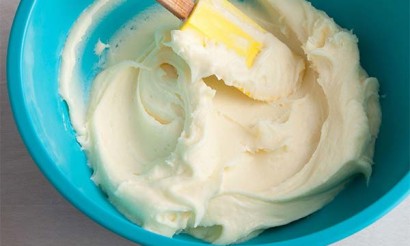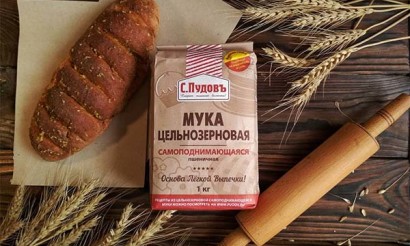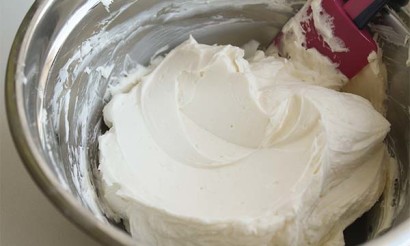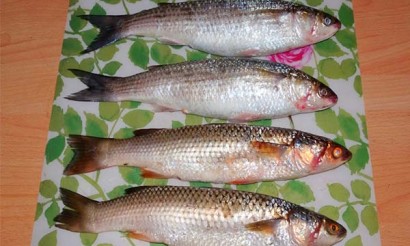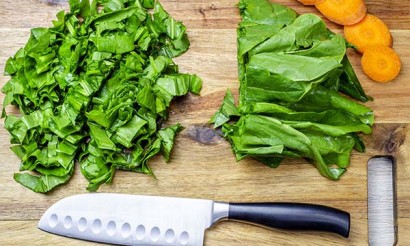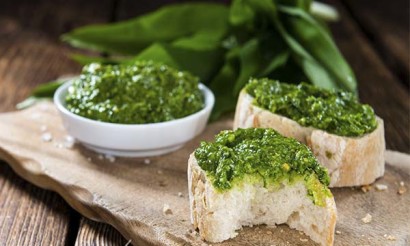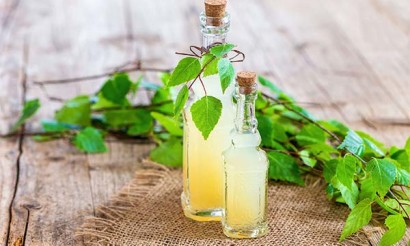Vegetable and sunflower oils: differences
Vegetable oils include a group of all oils that can be obtained from vegetable raw materials (corn, olives, soybeans, flax). Sunflower oil will not be an exception either. They extract it from the seeds.
What you need to know about vegetable oils
Vegetable oils are widely used in modern industry. There is a wide range of oils on sale, which are used for both food and industrial purposes. The value is represented by the many useful properties.
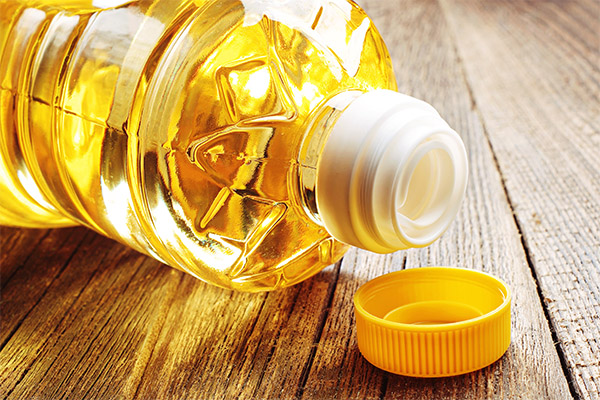
One of the common types of fats that have found very widespread use in human nutrition are vegetable oils. To obtain the oil, grains and fruits are crushed and heated, after which the oil is extracted by applying the method of pressing or extraction.
Pressing refers to the process of separating the raw material, or the whole fruit, from its outer shell. It is followed by grinding, which liberates the oil from the pulp.
The second method is secondary. It is carried out after the end of the pressing. It is used to extract the remaining oil-like substances. This method is efficient and economical.
Vegetable oil is very caloric because the fat is about 100%.
The amount of polyunsaturated fatty acids is used to determine the nutritional value of the product. They are necessary for the human body for proper cell building. From this we can conclude that vegetable oils should be present in the diet at any age. Sunflower oil is considered to be the best type of vegetable fats. It has a wide range of culinary applications:
- Dressing vinaigrettes and summer salads;
- preparation of sauces of various kinds and gravies;
- frying vegetables and fish;
- baking.
According to consistency, a distinction is made:
- liquid;
- solid.
Oil can be obtained in several ways:
- Cold method - the crushed seeds are pressed with a press.
- Hot - heating to 100 degrees and then pressing the crushed seeds.
- Extracted - the unhealthy method of extraction consists in dissolving the fats in gasoline and then evaporating it.
Oil can be divided into types depending on how it is purified:
- Unrefined oil is filtered and purified mechanically. The product retains all its useful qualities. The consistency of the oil is thick, with a pronounced odor and color. It is suitable for salad dressings, but not recommended for frying.
- Refined oil has undergone all methods of purification, excluding filtration. It is odorless and tasteless, suitable for frying, and recommended for cooking.
- Hydrated oil is purified through sprayed hot water. It is a product without sludge and other impurities.
- Deodorized oil is purified with hot steam under vacuum. It is odorless, tasteless, and colorless.
Sunflower oil
Sunflower oil is obtained by growing special varieties of sunflower seeds. Russia and Ukraine are leaders in the production of this oil. Russia is considered to be the pioneer of the production technology of this product. It began producing sunflower oil in the early 19th century. This plant tolerates the Russian and Ukrainian climate well and lends itself quite well to cultivation in these countries.
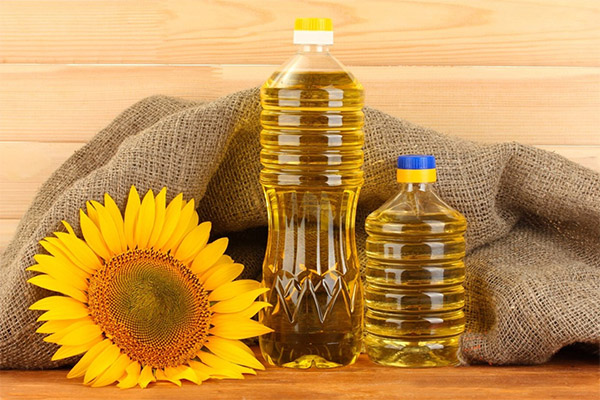
Sunflower oil is high in calories. Its fat content reaches 100%. Speaking of this product, we can highlight its versatility in use and high taste qualities. It also contains a lot of vitamin E.
It is customary to distinguish two main types of this oil. It can be unrefined and refined. The other types found are not so widespread.
Sunflower oil is widely used in medicine for the treatment and prevention of diseases, such as pathologies of the digestive system, cardiovascular system, musculoskeletal system. The oil is added in the preparation of ointments, used in cosmetology.
Oil also has harmful properties. When fried, it releases carcinogens. Repeated use of oil is not recommended. The pan should always be washed after cooking. The oil should be stored in a dark place.
The similarities and differences between sunflower and vegetable oils
Sunflower oil belongs to the group of vegetable oils. They are in the right proportions have a very beneficial effect on our body. This statement is justified by their content of a group of vitamins and amino acids. Also any of them can be used for cooking. These oils are very similar in production methods and types, can be both refined and unrefined.
As for the differences, there are few, but they are there:
- Vegetable oil is made from many crops (flax, coconut, sesame, olive fruit, peanuts). With sunflower oil it's simple, it's made from sunflowers.
- The industry uses mostly vegetable oils, sunflower oil is excluded.
- Sunflower oils are most relevant in Russia, vegetable oils - abroad.
- Depending on the properties of the oil, its effect on a particular organ for therapeutic or preventive purposes is important.
Vegetable oil varieties
Sunflower oil has a high nutritional and biological value. In the composition of amino acids are mainly fatty acids. The most valuable are the substances that are in the sediment.
The protein of sunflower oil has a similarity to the protein of a chicken egg. It also contains other useful trace elements.
Sunflower oil is made in a variety of brands, grades and for a variety of uses. The most valuable in the oil is the sediment. The product is recommended for use in cold dishes. On the shelves you can also find linseed and hemp oils.
Useful properties of vegetable oil
Unrefined vegetable oil is not recommended for frying. It is better to replace it in this case with deodorized or refined. In refining the smell and unnecessary substances are removed. Such oil can be used for all kinds of dishes.
Vegetable oil has the properties of a nutritional product, rich in fatty amino acids. But it does not contain cholesterol, because it does not contain animal fats. Vegetable oil, on the contrary, promotes the removal of cholesterol from the body, which is the prevention of blood clots and cardiovascular disease.
Olive oil is made from olive fruit. It consists of polyunsaturated fats that contribute to the breakdown of animal fats. The product is also rich in vitamins A, D, E, K, which are necessary for human life.
Choice of oil
When choosing sunflower oil you should pay attention to the shelf life, color, quality of packaging. This can further affect the quality of cooking and achieving medical goals.
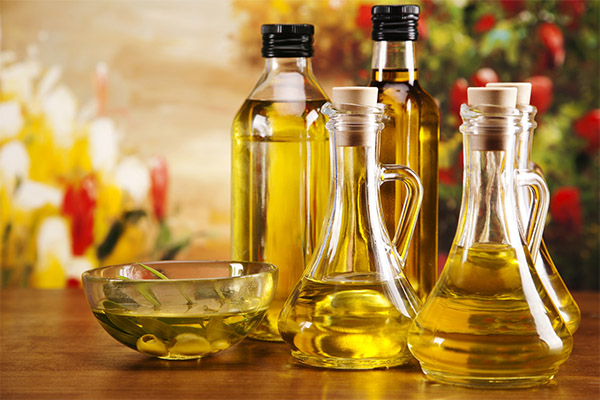
- To determine the freshness you need to visually check the transparency of the product. If there is sediment, then the oil is overdue. It is recommended to store the product in the refrigerator for a maximum of two months.
- The quality of the oil also depends on the number of pressings. The product of the second extraction is cheaper in cost. The quality of raw materials is also equally important.
- The most useful thing in vegetable oil is the content of fatty acids (saturated, monounsaturated, polyunsaturated).
- Unrefined vegetable oil of cold pressing is the most useful, because the maximum amount of useful substances is preserved in it. The shelf life of such a product is not long. It is recommended to store it in a glass container in a cold place.
Nowadays a wide range of oils is available on the shelves of stores. Preference should be given to those that are needed for the preparation of certain dishes or prevention and treatment. It is better to choose an oil, which contains more vitamins and useful substances. Combination oils are recommended for use in food.
All vegetable oils are beneficial to humans if consumed in moderation.
«Important: All information on this site is provided for informational purposes only. for educational purposes. Consult a health care professional before applying any recommendations. specialist before applying any recommendations. Neither the editors nor the authors shall be liable for any possible harm caused by materials."

